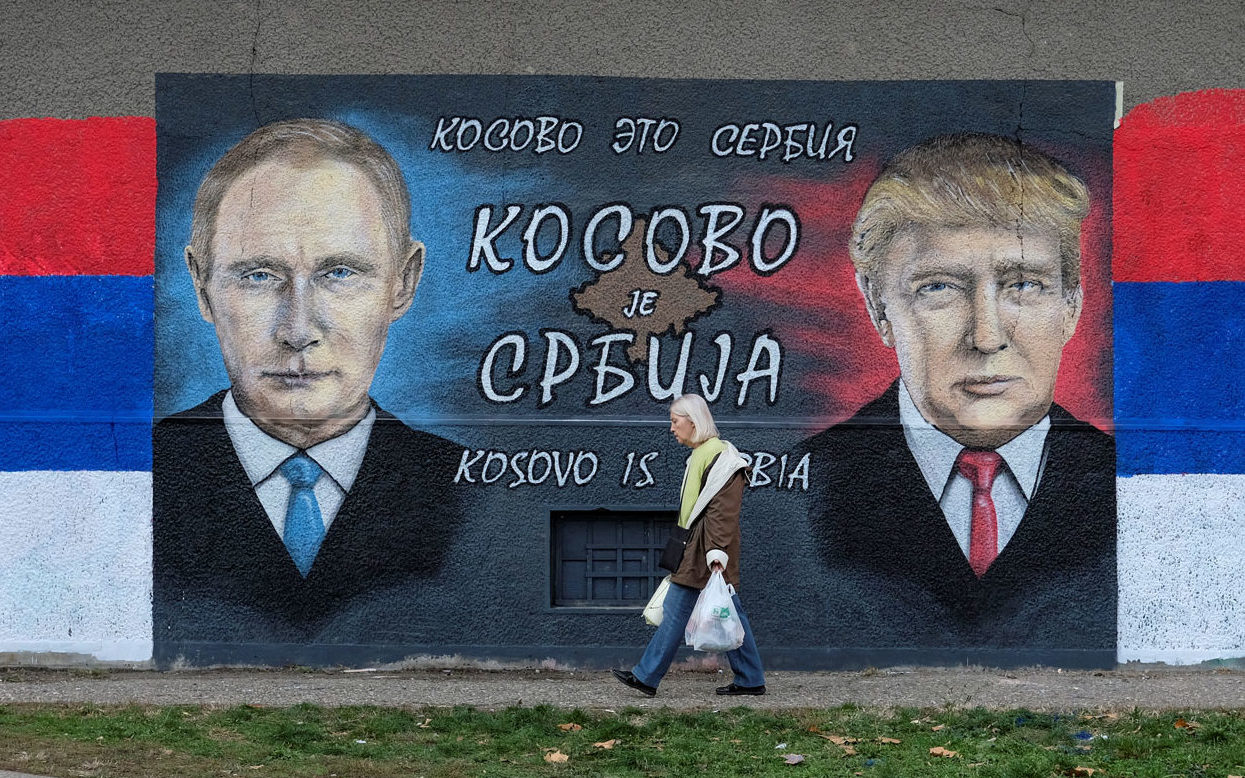Abetted by fake news stories, manipulation of social media, and continual lying, the coming to power of Donald Trump has raised the question of whether other countries’ populations might be susceptible to the same level of deceit. An interesting case is Serbia, whose current prime minister, Aleksandar Vučić, a former ultranationalist who served as an information minister in the late 1990s, when newspapers were fined and shut down in order to muzzle dissent as Slobodan Milošević fought a war with NATO over Kosovo.
The following commentary by the Serbian opposition politician and human rights activist Vesna Pešić describes the tricks Vučić and his party use to rule the country these days. A woman of extraordinary personal courage and integrity, she has continued to criticize Serbia’s leadership in her columns in Peščanik, an online magazine, despite efforts by the government to silence her. She was recently sued by the Police Minister for inflicting “mental pain” on him by describing his stupidity as beyond compare and wondering why he was assigned the role of being the dumbest in the present government. Here is a translation of her article, along with excerpts of a recent conversation I had with her about the implications of rule by lies and the similarities between the Serbian and American situations.
—Charles Simic





